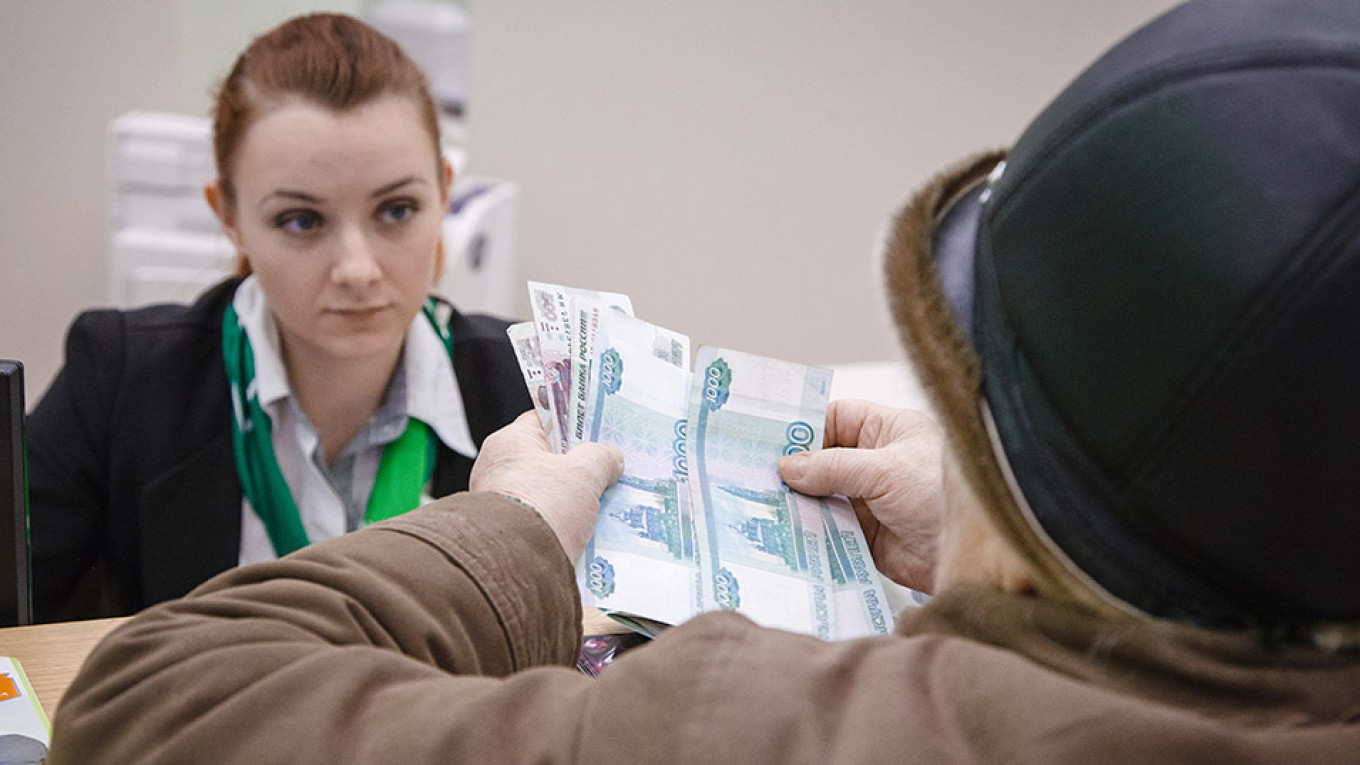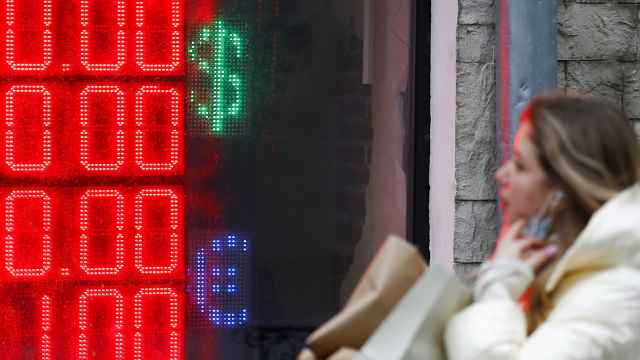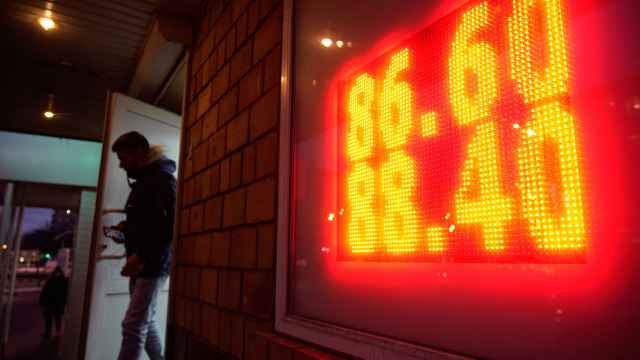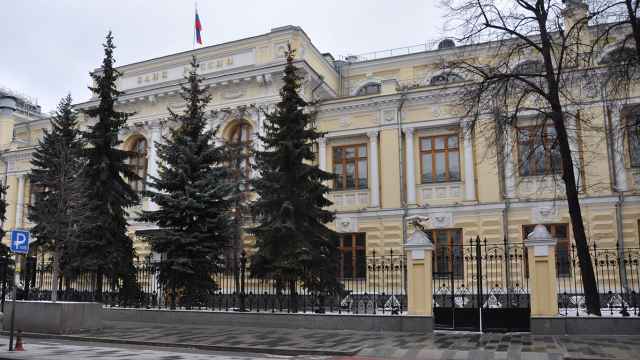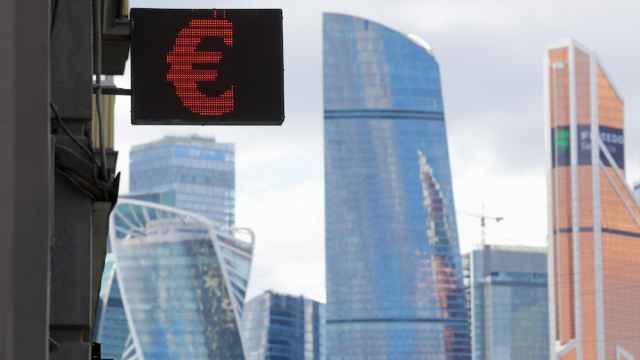Russia’s Economy Ministry isn’t happy with the country’s slowing inflation rate as it tries to jumpstart growth, and it’s pointing the finger at the Central Bank.
Consumer-price growth in Russia is set to slow well below the 4% target as retail demand stalls, according to an Economy Ministry report released Monday. The ministry sees inflation sliding to 3% at the end of next year, down from the previously projected 3.8%, as weak consumer demand weighs on economic growth in 2020, which will slow to 1.7% from 2% forecast in April, it said.
The grim prognosis comes ahead of the Central Bank’s Sept. 6 rates meeting, with all eyes on the regulator to see if the easing cycle continues after two succcessive cuts brought the key interest rate down to 7.25%. The economy of the world’s largest energy exporter could use the help. Consumer demand is weak after five years of stagnating incomes and the Economy Ministry expects investment, led by President Vladimir Putin’s $400 billion spending plan on Russia’s National Projects to 2024, to replace it as the main growth driver.
Economy Minister Maxim Oreshkin warned in a national radio interview last month that “the economy will definitely fall into recession” if a surge in consumer lending continues unchecked until the bubble bursts on its own. “Our estimate is that 2021 is the year when it blows up,” he said on Ekho Moskvy radio.
His comments opened a public breach with the Central Bank, which has dismissed his warnings as unfounded and brushed off his calls for it to move more decisively to curb lending. It argues the main obstacle to faster growth is slow progress on reforms to improve the investment environment — the responsibility of Oreshkin and his government colleagues.
Economy Decelerated
Russia’s economy decelerated sharply this year, expanding 0.7% in the first six months after 2.3% growth in 2018. Shrinking of nominal budget spending in the second quarter dragged on investment, but a spike later in the year will help growth, the Central Bank said in a report earlier Monday.
Growth numbers this year don’t bode well for Putin’s ambitions. His goal of turning Russia into a leading economy while providing consistent growth in living standards has failed to materialize so far. The current trend seen in the first half of the year isn’t satisfactory, he told officials at a meeting earlier Monday.
The pressure on the Central Bank is increasing to reduce borrowing costs as the economy slows amid weak demand. One economist out of 13 in a Bloomberg survey expects the bank to keep rates unchanged next month, while the rest see a quarter percentage point cut.
A Message from The Moscow Times:
Dear readers,
We are facing unprecedented challenges. Russia's Prosecutor General's Office has designated The Moscow Times as an "undesirable" organization, criminalizing our work and putting our staff at risk of prosecution. This follows our earlier unjust labeling as a "foreign agent."
These actions are direct attempts to silence independent journalism in Russia. The authorities claim our work "discredits the decisions of the Russian leadership." We see things differently: we strive to provide accurate, unbiased reporting on Russia.
We, the journalists of The Moscow Times, refuse to be silenced. But to continue our work, we need your help.
Your support, no matter how small, makes a world of difference. If you can, please support us monthly starting from just $2. It's quick to set up, and every contribution makes a significant impact.
By supporting The Moscow Times, you're defending open, independent journalism in the face of repression. Thank you for standing with us.
Remind me later.


